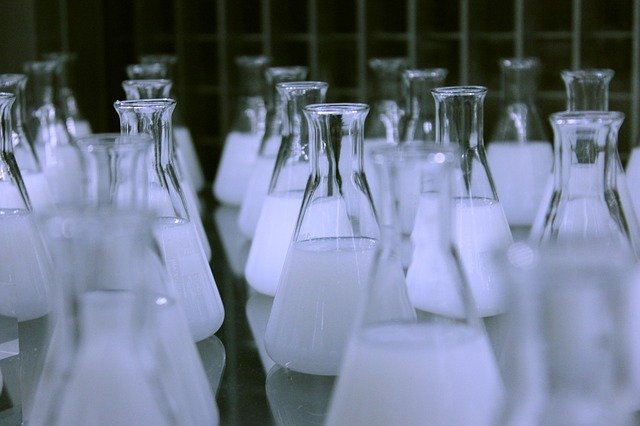
What can you do to properly maintain your laboratory equipment?
One of the most frustrating things that might occur in the lab is taking freshly prepared samples to an instrument and discovering that it is broken. Specimens, reagents, and time are all wasted when equipment isn’t working. This leaves nobody, from students to lab managers and supervisors happy. So, what can you do to properly maintain your laboratory equipment?
Read on to learn how to take care of your lab equipment on a daily basis!
Review the Laboratory Equipment Manual
Before you use any piece of laboratory equipment, you should read over the manual. If manuals are not immediately accessible in your lab, like with an old centrifuge. It is worth looking around online or calling the manufacturer for a copy. Compiling a list of manuals is essential for both troubleshooting when something goes wrong and for training lab individuals to use the machines. Make sure to read over these manuals thoroughly too. Lab People provides an in-service on all new equipment which will train users on the proper operation and setup for their applications.
Get Training Resources
Training is one of the best ways to learn how to use the instruments correctly. The most common cause of equipment damage is due to untrained users. The best way to avoid this is by training with an experienced professional. Prepare for your training by planning which experimental projects you will commonly perform and collect some test samples. This is especially important for laboratory balances that have multiple applications, like density measurements or statistical analysis. Keep in mind the training is meant to give the user the knowledge to successfully complete research projects and avoid unnecessarily damaging the equipment.
Clean the Equipment After Use
Though a common-sense tactic is to keep your things in excellent condition, cleaning up after yourself in sometimes overlooked in the laboratory. For equipment, cleaning is important, as it prevents the build-up of hazardous liquids or powder, which can damage your instrumentation. Also, merely performing a routine lab cleanup can help limit dust accumulation, which could cause issues to sensitive equipment like pH meters and especially analytical and microbalances.
Calibrate Your Equipment
Calibration gives you confidence that equipment is performing properly and accurately. Calibration is part of preventative maintenance, which is performed regularly and keeps them working as best as possible, for as long as possible. For pipettes, it is worth getting them professionally calibrated from a lab service company every three to six months. It is necessary to monitor their accuracy by testing them by using water, a balance, and a glass beaker. Make sure the amount of water pipetted should yield the right weight on balance. An excellent way to track routine maintenance and calibration is to use specially designed labels that are all affixed onto the equipment. This label should include the calibration date and next calibration date and the technician who performed the calibration and the equipment ID.
FOR ALL LAB EQUIPMENT AND LAB NEEDS, CONTACT LAB PEOPLE TODAY
The Lab People Inc. is a trusted provider of laboratory equipment, services, supplies, and rental equipment for you and your laboratory. As an ISO 17025 accredited service organization, we stand behind our services with 100% satisfaction guaranteed for all of our customers. We are here to provide you with the best lab equipment service, equipment, and supplies.
For more information about how we can assist you, visit our website, email us, or give us a call at 1-800-296-2001!
Do not forget to follow us on Facebook, Twitter, and Linkedin!
